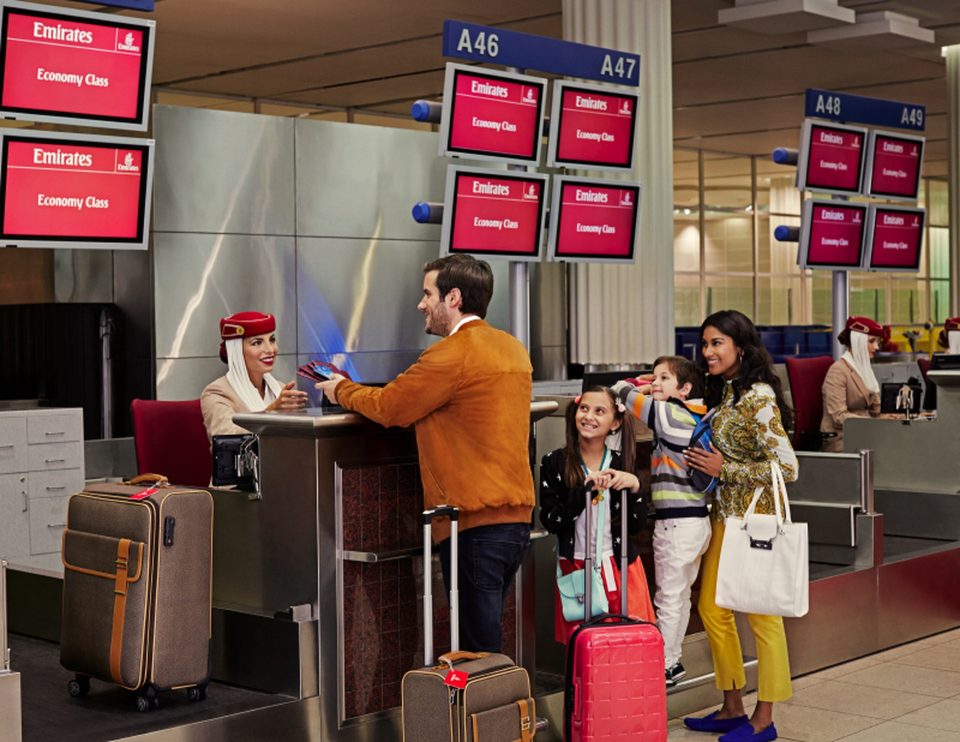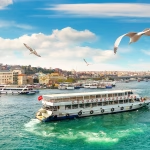As tensions flare across parts of the Middle East prompting airspace closures, flight delays, reroutes, and rising traveller anxiety, travel providers are being called on to act not just as service providers, but as stabilising forces in a turbulent moment.
As a travel provider, whether an airline, DMC, tour operator, hotel, or travel agent, the way you (and your team) respond can either erode confidence or build loyalty among travellers. Here, we look at some best practices from the region’s key players, and examples of how they’re being applied across the Middle East today.
1. Lead with calm, consistent communication

As much as possible, travellers need to hear from you first, not from the news. When flight paths are suddenly restricted or plans need adjusting, being the first to provide clear, empathetic updates can make all the difference.
What’s working:
- Qatar Airways quickly informed passengers after Iran’s missile strikes led to regional airspace closures. They rerouted flights, updated schedules, and immediately activated customer support portals to manage rerouting options with minimal disruption.
- On the other side of the world, The Australian Travel Industry Association publicly urged travellers not to cancel flights independently, reinforcing the message that agents and airlines are better placed to assist and reschedule through official channels.
Pro tip: Use simple, reassuring language and avoid industry jargon. Communicate across multiple platforms including email, WhatsApp, social media, and in-person at check-in or reception desks.
2. Offer proper human support, not just notifications
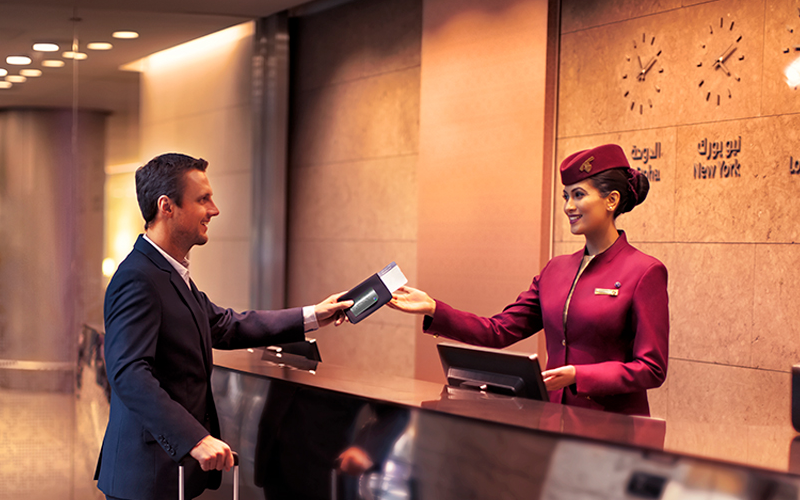
In stressful situations, chatbots simply cannot replace a compassionate voice. Travellers and guests want to know someone is available, listening, and assisting them.
What’s working:
- Qatar Airways added additional ground staff at Hamad International Airport to assist with rerouting and answer travellers’ concerns face-to-face.
- DMCs and corporate travel firms in the UAE have doubled down on 24/7 support hotlines and real-time WhatsApp channels to keep guests constantly informed of updates and alternatives.
Pro tip: Where required or possible, reassign staff to customer care roles, and ensure all guest-facing teams are fully briefed and emotionally equipped to handle concerns with empathy and clarity.
3. Be generous with flexibility and transparent policies
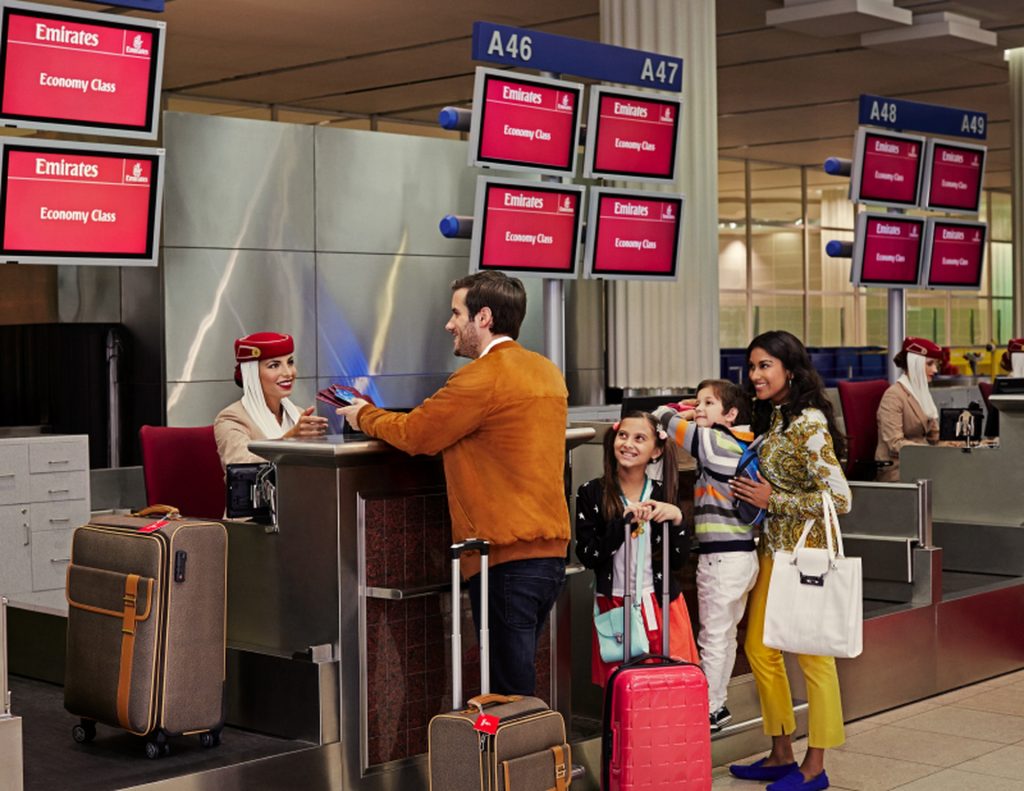
There’s a time and place for strict clauses and now isn’t the time for rigidity. Travellers will remember how you treat them during moments of chaos. Kindess and compassion will go a long way.
What’s working:
- Airlines including Emirates, Qatar Airways, and Etihad have all introduced waiver policies, allowing rebooking or refunds for affected routes without penalty.
- Agents and DMCs have also been quick to communicate these policies clearly, helping clients avoid unnecessary losses and added stress.
Pro tip: Promote your flexibility policies as a top selling point, so clients can book with confidence and trust.
4. Reassure with visible safety and preparedness

Travellers don’t just want to be told it’s safe, they need to see it. From airport lounges and tour coaches to hotel lobbies, visibly reassuring guests that all measures are in place to ensure their safety and comfort goes a long way.
What’s working:
- Luxury hotels in Dubai and Abu Dhabi have increased their security presence and ensured staff are trained to answer security-related questions with calm authority.
- Regional DMCs are proactively briefing travellers on protocols, issuing emergency contact cards, and partnering with local embassies to coordinate safe routing and emergency plans if needed.
Pro tip: A small gesture such as a printed emergency contact sheet in a welcome pack can make travellers feel protected and prioritised.
5. Empower frontline staff to act with empathy
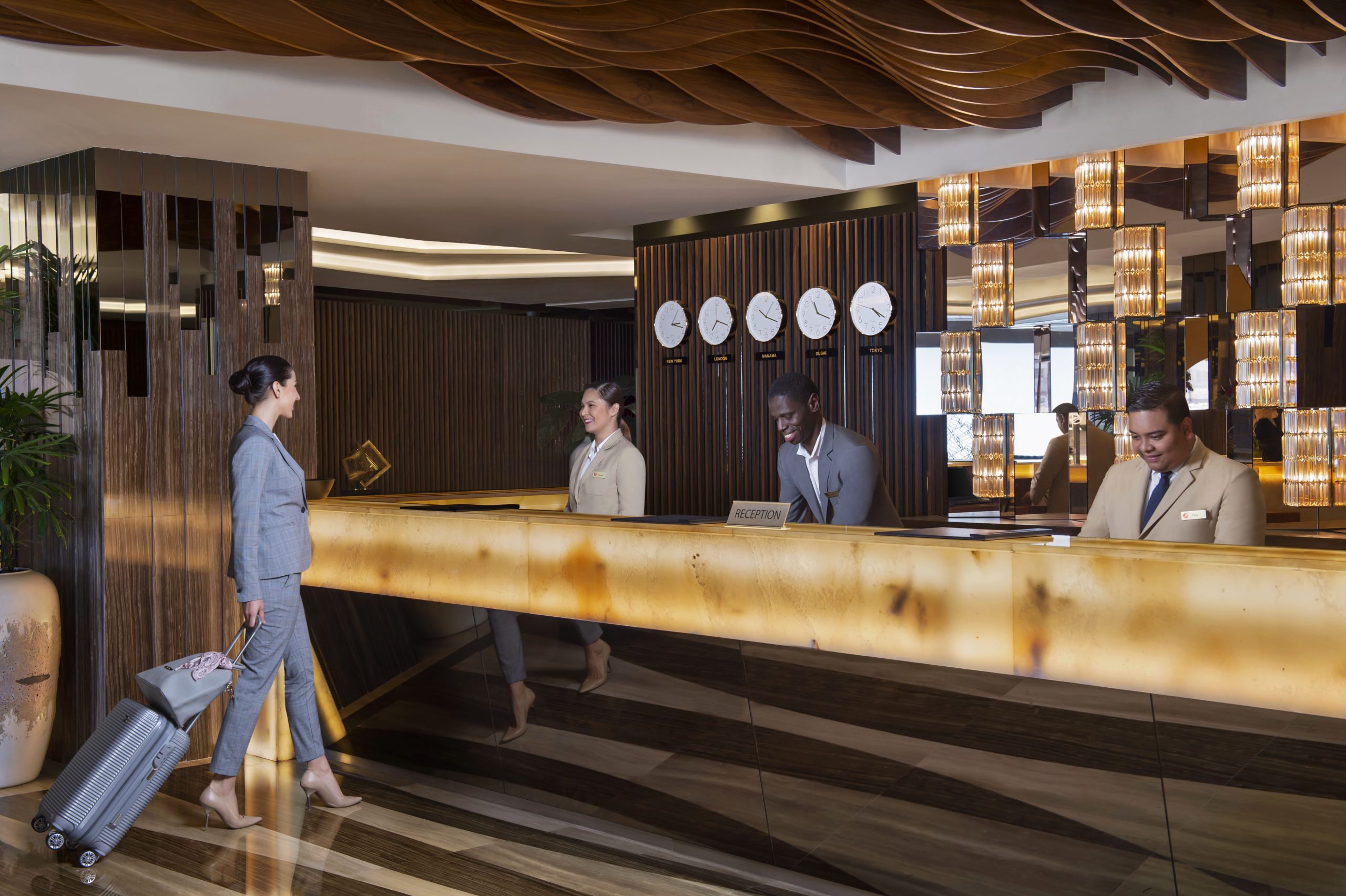
Policies are important, but how they’re delivered matters just as much. Your front-desk teams, call centre staff, and tour guides are your brand’s voice in real time. Equip them not just with instructions—but with the authority to help.
What’s working:
- Hotels in the region are empowering staff to offer goodwill gestures such as complimentary room upgrades and flexible check-in/out to distressed guests.
- Regional carriers like Emirates are known for empowering their cabin crew to address guest concerns empathetically, with proactive, human-led service.
Pro tip: Create a simple frontline response guide with phrases like: “Let me take care of this for you” or “We understand this is frustrating – here’s what we can do for you.”
When travelling, travellers see one journey, even though it’s powered by dozens of partners and players. Therefore, the more aligned your organisation is in tone, support, and transparency, the safer the travellers will feel.

